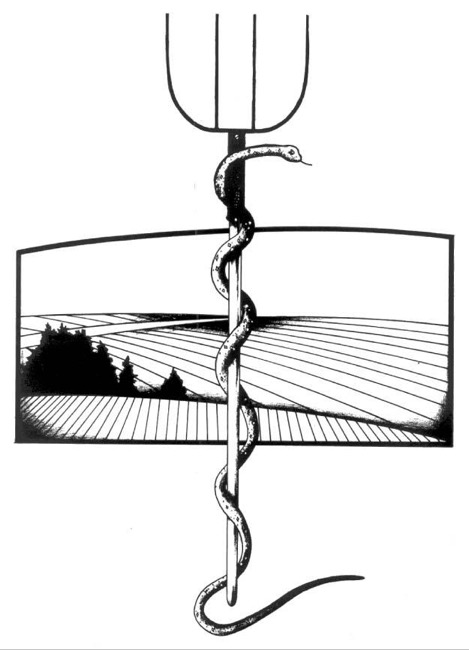Goals and objectives
The CEDIS working group is an advisory body that has responsibility for stewardship of the information needs for Canadian Emergency Departments. The group normally meets annually and has the following goals and objectives:
1. To review and approve any changes to the national CEDIS data element set based on recommendations from the CTAS working group, or member organizations
2. To promote the use of the CEDIS data set as the recommended standard for all Canadian emergency departments
3. To develop and maintain an excellent working relationship with the Canadian Institute for Health Information (CIHI) and the National Ambulatory Care Reporting System (NACRS)
4. To support innovation and research to develop best practice information systems in Canadian emergency departments
5. To act as a resource/advisory body to its member organizations





